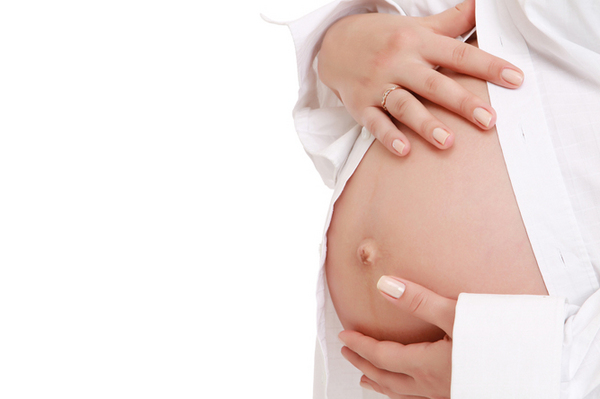
Bad news for moms-to-be: Drinking even a few alcoholic beverages per week during pregnancy could lower a baby's IQ by a few points, a new study has found.
The findings, published today (Nov. 14) in the journal PLoS ONE, also suggest that women whose bodies process alcohol slowly are at greater risk of harming their baby's brain development.
"This is good evidence to implicate moderate drinking during pregnancy having an effect on childhood IQ at age 8," said study co-author Ron Gray, an epidemiologist at the University of Oxford. "Some women are going to be genetically more vulnerable or resilient than others to the effects of alcohol on the fetus, but we don't know who those people are."
While heavy drinking during pregnancy can decrease learning even in utero, past studies on light drinking during pregnancy have been all over the map. Some have linked that glass of merlot with dinner with decreased IQ and attention in babies, while others have found light drinking didn't affect IQ. One study even found that women who drank lightly during pregnancy had children with higher vocabularies.
But all those studies couldn’t untangle the effects of drinking from other factors.
"You get the effects of drinking during pregnancy mixed up with lifestyle, social factors, maternal education level, affluence and so on," Gray told LiveScience. For instance, women with more education may also tend to drink occasionally during pregnancy, he said. [11 Facts About Baby's Brain]
Following fetuses
Sign up for the Live Science daily newsletter now
Get the world’s most fascinating discoveries delivered straight to your inbox.
Gray and his colleagues tried to isolate the effects of drinking from other lifestyle factors by looking at genes that control alcohol breakdown in the body. Those who clear alcohol from the bloodstream more slowly expose their fetuses to more alcohol, even if they drink the same amount. As a result, drinking would have a greater impact on their baby's brain development regardless of their social or lifestyle factors, the researchers reasoned. Women who clear alcohol quickly may be more insulated from these effects.
The team tested for slow metabolizing genes in thousands of women, some who didn't drink any alcohol during pregnancy and others who had the equivalent of a half pint to three pints of beer (or three small glasses of wine) a week, Gray said.
Eight years later, they looked at the IQ of 4,167 of their children.
Across the board, women who drank lightly had children with higher IQs, likely because they were richer, older, and more educated than their non-drinking peers.
Four genes for slower alcohol processing were tied to lower IQs. Children who had four or more of these slow processing genes scored 3.5 points lower on IQ tests, compared with children with two or fewer, but only if their mothers drank lightly during pregnancy. (While an individual person's score on an IQ test can vary by a few points day-to-day, a a 3-point drop is significant across the population.)
In theory, some women may be able to drink a glass of wine here or there during pregnancy without harming their babies, Gray said. But guidelines should still encourage all women during the nine months of pregnancy to skip that glass of beer with dinner, he added.
"You could never in the real world analyze to find out who all had these genes and who didn't," he said. "Pregnant women and women about to become pregnant don't know which category they're in. When you take that together it just strengthens the idea that it may be best for women to choose to avoid alcohol during pregnancy."
Follow LiveScience on Twitter @livescience. We're also on Facebook & Google+.

Tia is the managing editor and was previously a senior writer for Live Science. Her work has appeared in Scientific American, Wired.com and other outlets. She holds a master's degree in bioengineering from the University of Washington, a graduate certificate in science writing from UC Santa Cruz and a bachelor's degree in mechanical engineering from the University of Texas at Austin. Tia was part of a team at the Milwaukee Journal Sentinel that published the Empty Cradles series on preterm births, which won multiple awards, including the 2012 Casey Medal for Meritorious Journalism.









